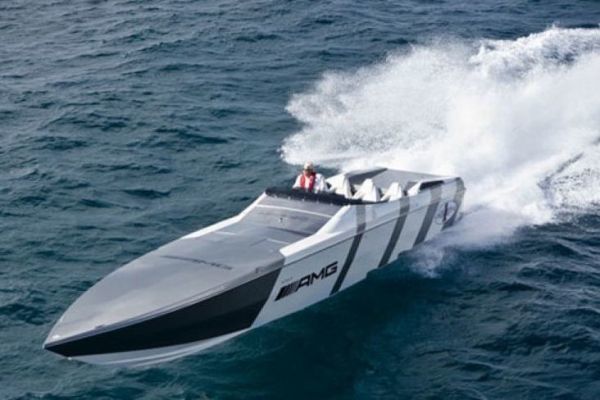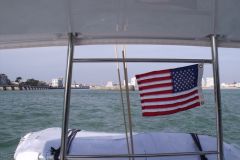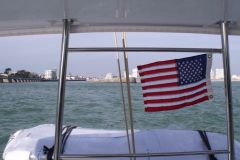Customs undervaluation fraud
The case dates back to July 2019, when a Cigarette, an American offshore not well represented on the French market, was imported by a French company based near Bordeaux. Its real value, estimated at 745,784 USD (around 686,000 ?), was deliberately concealed thanks to falsified documents provided by the US-based broker. This manipulation allowed the customs value to be undervalued, resulting in an estimated loss of over ?100,000 to the European budget, due to evaded duties and taxes.

A conviction for complicity
The defendant, director of a shipping brokerage company in Miami, pleaded guilty before the Paris Criminal Court. He was found guilty of complicity in customs fraud on June 4, 2025, and sentenced to two months' suspended imprisonment and a ?20,000 fine. He has ten days in which to appeal the decision, which will become final if no appeal is lodged.
A coordinated European survey

The case was part of a cross-border investigation coordinated by the European Public Prosecutor's Office (EPPO), in collaboration with the Office national de lutte antifraude (ONAF) in France. Other individuals involved in this fraudulent importation have yet to be brought to justice before the Paris Criminal Court.
The European Public Prosecutor's Office, an independent body of the European Union, is responsible for prosecuting offenses affecting the EU's financial interests, such as VAT fraud and complex customs offenses.
This case illustrates the heightened vigilance of tax and legal authorities over international flows of luxury yachts and boats, particularly in cases of under-declaration of value or use of false import documents. For industry professionals, it serves as a reminder of the importance of transparent transactions and strict compliance with customs obligations.

 /
/ 








